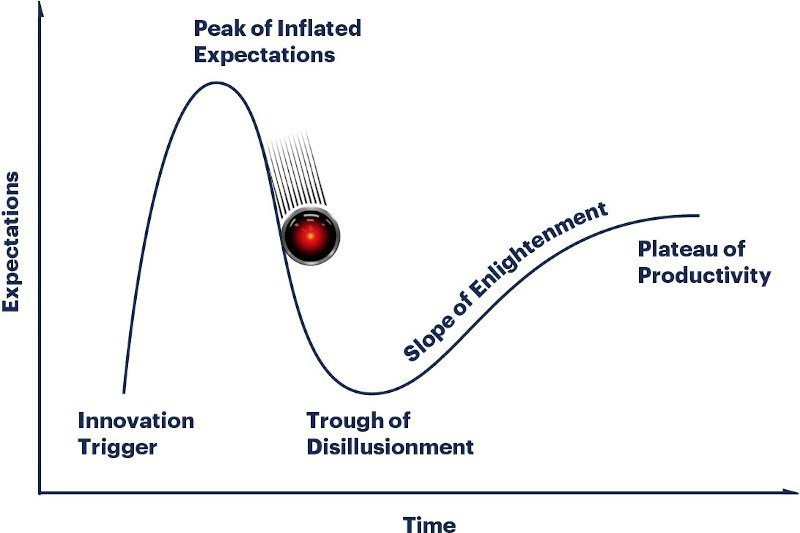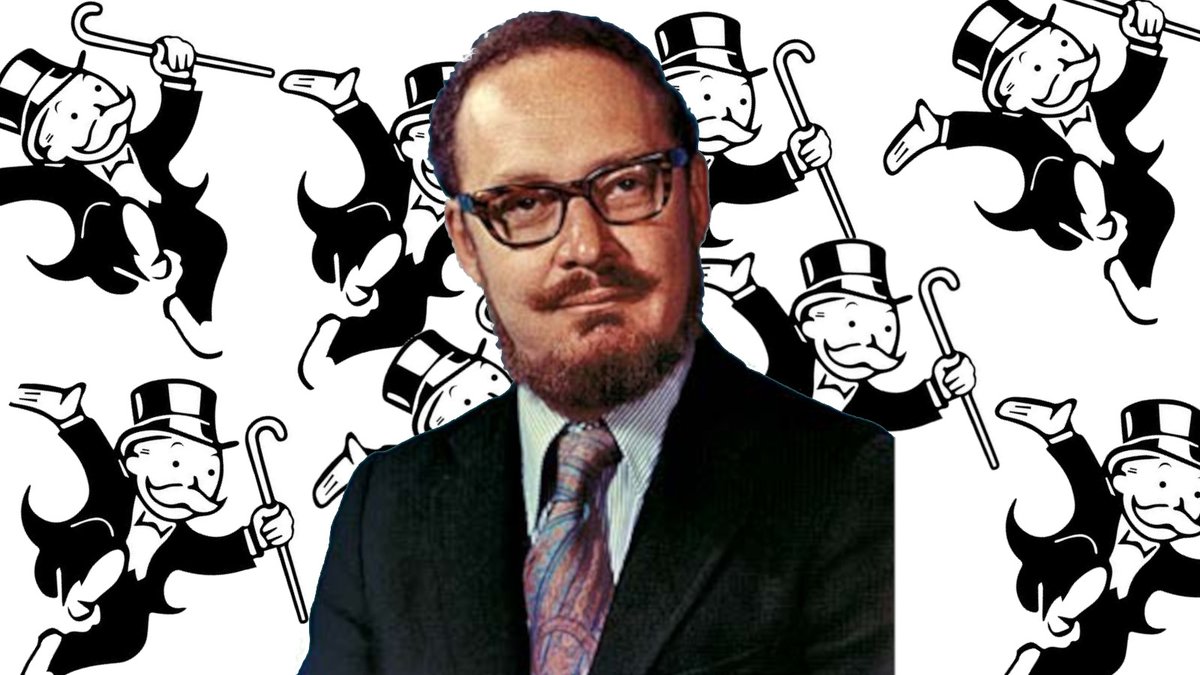
When they write the history of this era, one of the strangest chapters will be devoted to Uber, a company that was never, ever going to be profitable, which existed solely to launder billions for the Saudi royals.
1/
1/

From the start, Uber's "blitzscaling" strategy involved breaking local taxi laws (incurring potentially unlimited civil liability) while losing (lots of) money on every ride. They flushed billions and billions and billions of dollars down the drain.
2/
2/
But they had billions to burn. Mohammed bin Salman, the murdering Crown Prince of the Saudi royal family, funded Softbank - a Japanese pump-and-dump investment scheme behind Wework and other grifts - with $80B as part of his "Vision 2030" plan.
pluralistic.net/2020/11/24/zaw…
3/
pluralistic.net/2020/11/24/zaw…
3/
Vision 2030 is a scheme to diversify Saudi wealth away from hydrocarbons by attempting to establish monopolies that will allow the family to control entire sectors of the global economy.
4/
4/
These schemes are longshots, and the fallback position is to unload failed monopolies - with staggering debt-overhangs - on investors who've been suckered with the promise that really big piles of shit surely have a pony buried underneath them somewhere.
5/
5/
That's what happened with Uber's IPO, of course - Softbank and Mister Bone Saw made out like bandits and Uber now lumbers on under the ownership of problem gamblers who read the company's S1 and bought in anyway.
6/
6/
The S1 - the document that explains how the company plans to be profitable - set two conditions for Uber's profitability.
First, all the public transit in the world had to shut down and be replaced by Uber.
Next, all the drivers had to be replaced by AIs.
7/
First, all the public transit in the world had to shut down and be replaced by Uber.
Next, all the drivers had to be replaced by AIs.
7/
Needless to say, neither of these things were ever going to happen. Public transit is definitely in trouble after the pandemic, but we're not gonna replace it all with Ubers.
And self-driving cars? Please.
8/
And self-driving cars? Please.
8/
Back in September, it became clear that Uber's self-driving car labs were just window-dressing for the con. After spending $2.5B on the cars, they'd come up with vehicles that could crawl half a mile before losing their minds.
pluralistic.net/2020/09/30/dea…
9/
pluralistic.net/2020/09/30/dea…
9/
(Of course, self-driving car huxters have an answer to this: they argue that since cars can't cope with unpredictable human conduct, we should just ban humans from acting unpredictably around their murderbots)
theverge.com/2018/7/3/17530…
10/
theverge.com/2018/7/3/17530…
10/
Every long con needs a "store" - a place where the con plays out, like a fake betting shop where the scammers rope in the mark and fleece them of every dime. But once the con is done, the store has to shut down amid a "blow-off" that lets the grifters escape.
11/
11/
Uber's shutting down the AV part of its store: they "sold" the division to a startup called Aurora, but the "sale" involves Uber "investing" $400,000,000 in Aurora. That is, they've paid someone else to take this bit of set-dressing off their hands.
nytimes.com/2020/12/07/tec…
12/
nytimes.com/2020/12/07/tec…
12/
If you want to learn more about how Uber will never, never, ever, ever be a real business, be sure to tap into transport economist Hubert Horan's series on the company, which he calls a "bezzle."
horanaviation.com/Uber.html
13/
horanaviation.com/Uber.html
13/
Image:
Cryteria (modified)
commons.wikimedia.org/wiki/File:HAL9…
CC BY:
creativecommons.org/licenses/by/3.…
Gartner (modified)
gartner.com/en/research/me…
eof/
Cryteria (modified)
commons.wikimedia.org/wiki/File:HAL9…
CC BY:
creativecommons.org/licenses/by/3.…
Gartner (modified)
gartner.com/en/research/me…
eof/
Read this thread on the web here: pluralistic.net/2020/12/08/req…
• • •
Missing some Tweet in this thread? You can try to
force a refresh






